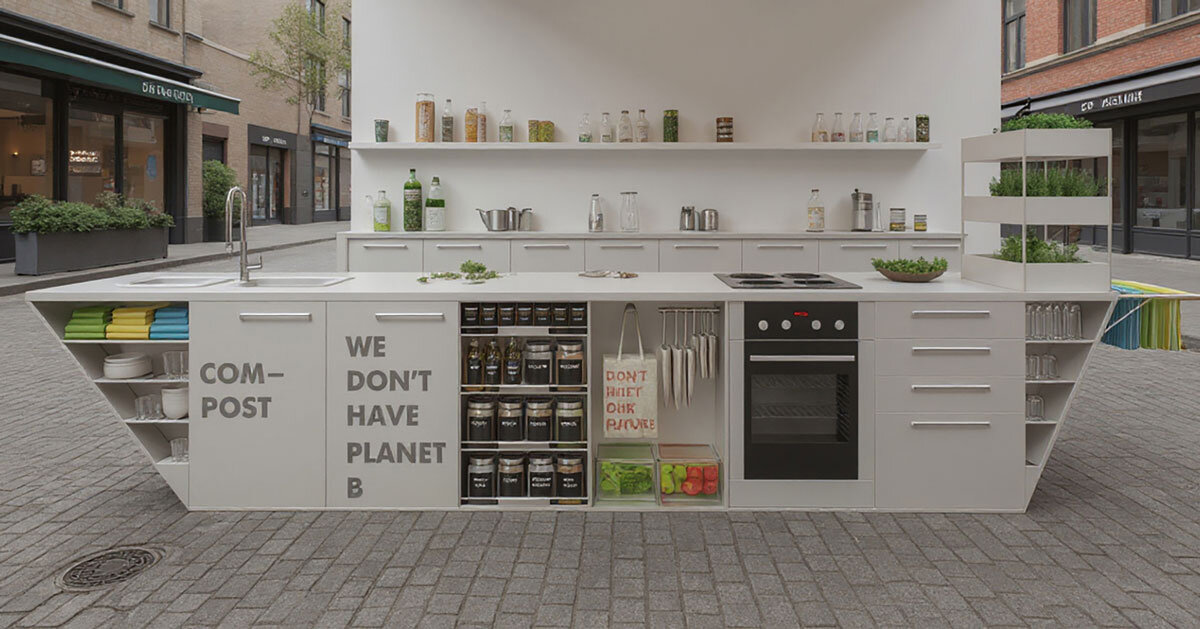
"Zero Waste Kitchen City, a research and urban design proposal by Ivana Steiner, envisions a self-sustaining urban ecosystem grounded in circular design principles. Expanding upon the architect's earlier Zero Waste Kitchen concept, the project proposes a transformation of urban fabric by integrating food production, waste management, mobility, and energy systems into a closed-loop infrastructure. The initiative builds on the Zero Waste Kitchen prototype, constructed from stainless and , materials selected for durability, visibility, and recyclability."
"Reimagining Vienna as a layered and productive environment, the proposal introduces new forms of urban land use. Rooftops become sites for cultivation, parks adopt agricultural functions, and streets shift toward markets and social spaces. Transport and technical systems are relocated underground to reduce heavy traffic, allowing the ground level to prioritize public life. Through proximity, adaptability, and material reuse, the model aims to reduce both waste and energy consumption."
Zero Waste Kitchen City proposes a self-sustaining urban ecosystem based on circular design principles that close material and resource loops. The model integrates food production, waste management, mobility, and energy systems into a cohesive, closed-loop infrastructure. Buildings and public spaces become productive: rooftops host vegetable gardens, orchards, and grazing areas while parks adopt agricultural functions and streets prioritize markets and social life. Transport and technical systems are relocated underground to reduce heavy traffic and free ground level for public use. Material strategies emphasize durable, recyclable materials like stainless steel and reclaimed wood to support long-term cycles. The design promotes biodiversity, local food production, and reduced waste and energy consumption.
Read at designboom | architecture & design magazine
Unable to calculate read time
Collection
[
|
...
]